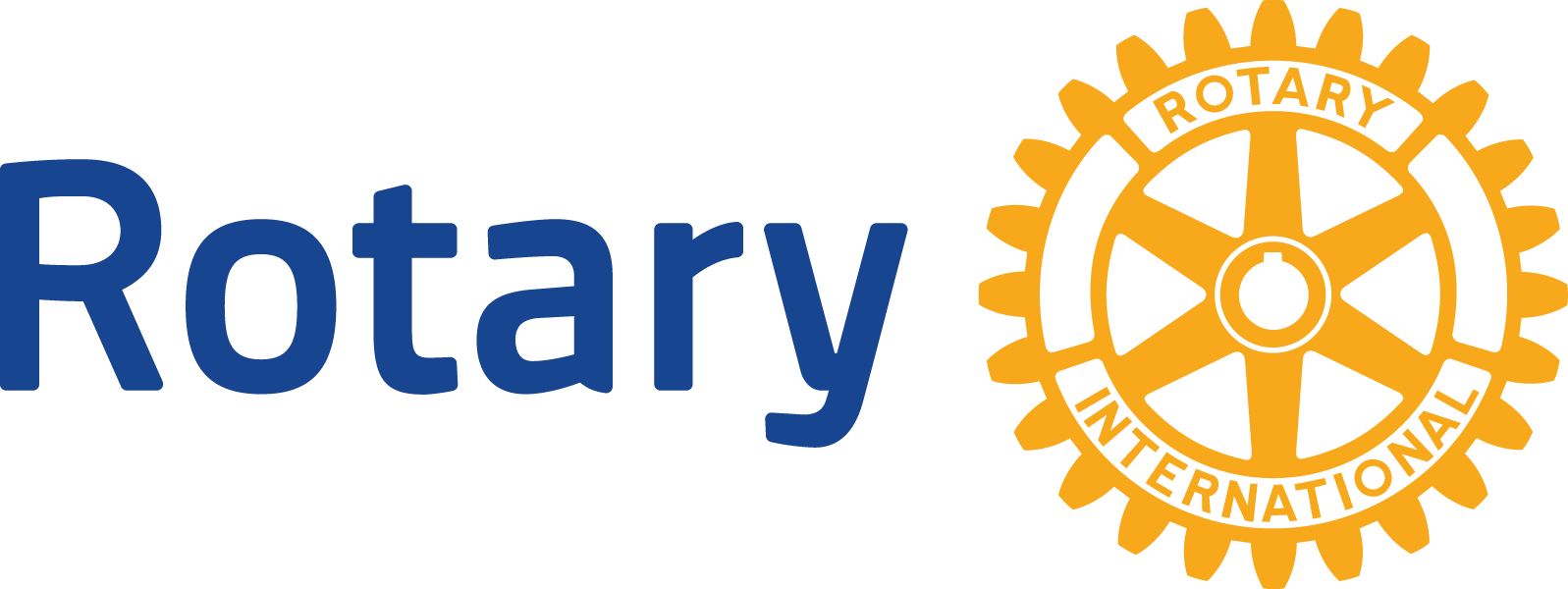Story
Bees, Trees, Elephants & People
A Rotary International Project to develop and support a sustainable product for the benefit of three rural communities in a deprived area of Limpopo, South Africa.
Rotary is an international organisation with thousands of clubs spread across the globe. Better known for supporting charities, organisations and community projects in the local area we also support international projects in collaboration with sister clubs in other parts of the world. In this case, we are supporting the Hoedspruit Club in a rural community in eastern South Africa close to the Kruger National Park and the Mozambique border. I’m involved with my Rotary Club's international foundation project for which we hope to get a Global Grant from the Rotary Foundation. The title of our project is called Bees, Trees, Elephants and People, and is run in conjunction with Elephants Alive, the Hoedspruit Rotary Club and anyone else who can help us close the funding gap for this very worthwhile project. The attached details explain how it all works, it's financing and its future. We believe it’s totally in tune with what Rotary believes in and we hope that, with your involvement, we can achieve our aims and objectives.
Background:
The background to the proposal is that it originally came from Elephants Alive, formerly known as Save the Elephants South Africa, a charity involved in ensuring the successful survival of elephants and mitigating the effects of human/elephant conflict. Founded on the premise that elephants dislike bees, Elephants Alive makes use of special hives known for offering the needed protection to bees, and hung them in a number of mature, iconic marula trees to ward off unwanted elephant attention. This proved highly effective; assessment showed that, of the 150 control trees, only 10% received any form of elephant impact, and the beehives continued to deter them even when empty. This was particularly useful since, during the dry season, lack of water forced many the bees to leave and set up elsewhere. Where bees remained, their hives were relocated to safe areas enabling continued production of honey. These two factors - water and honey – formed the basis of the idea.
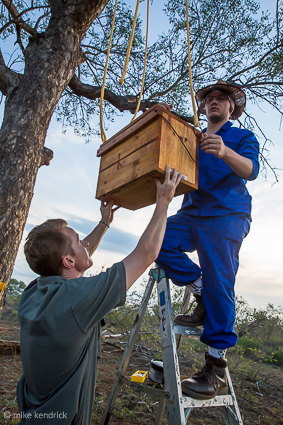
Hanging Bee Hives.
The Project:
The question quickly arose of what to do with the bi-product – honey, which as it turned out, seemed popular at the local farmers market and other farm outlets and game reserves. The idea was further expanded to get the local community involved by getting them to look after the hives, provide water for the bees and, in effect, farm honey on a semi commercial basis. It could then be sold under the Elephants Alive name in the local area and potentially beyond. Elephants Alive would assist with set up, production and monitoring of the sites and take a small proportion of any profit to help support their other activities.
Three sites have since been chosen that are capable of running the scheme successfully, but they are also in poor, rural areas where employment opportunities are exceptionally limited. To help with funding and to get the project off the ground, the local Hoedspruit Rotary Club were approached and, following a visit by myself to one of their meetings, the Club Council at my Club in Shepperton agreed to partner them, seeing it as an ideal overseas project which fulfilled all the requirements of a Rotary Foundation Global Grant.
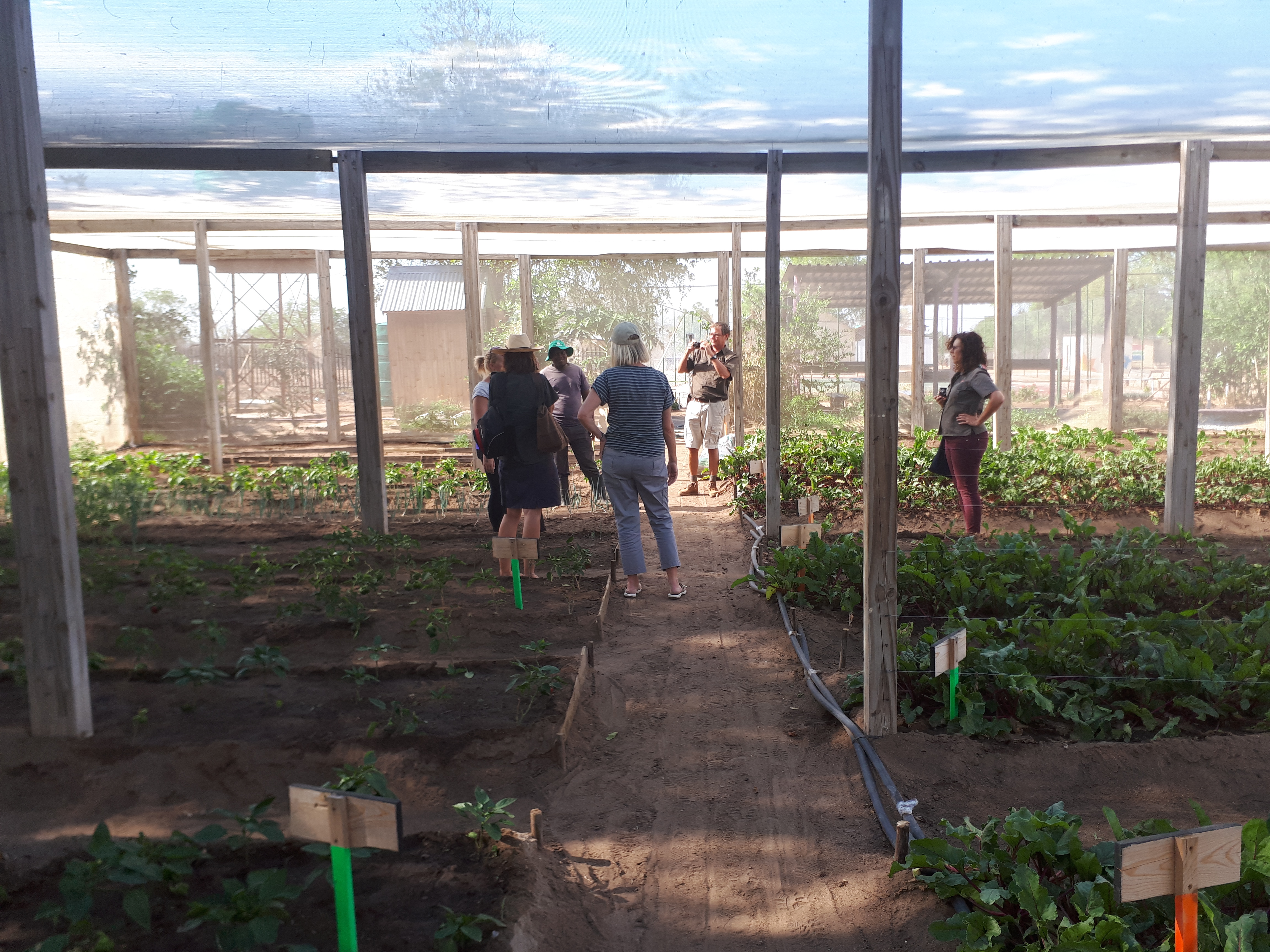
Part of the fruit and vegetable garden at Dixie School.
Extra Advantages:
Foster positive relationships with communities and diminish human elephant conflict.
Improve educational knowledge by improving skills on beekeeping honey production, business awareness and monitoring requirements.
Promote entrepreneurship with honey, food wraps and lip balm.
Increase awareness of the environment and threats to the ecosystem.
Promote and deal with links to external sales outlets.
Promote tourism.
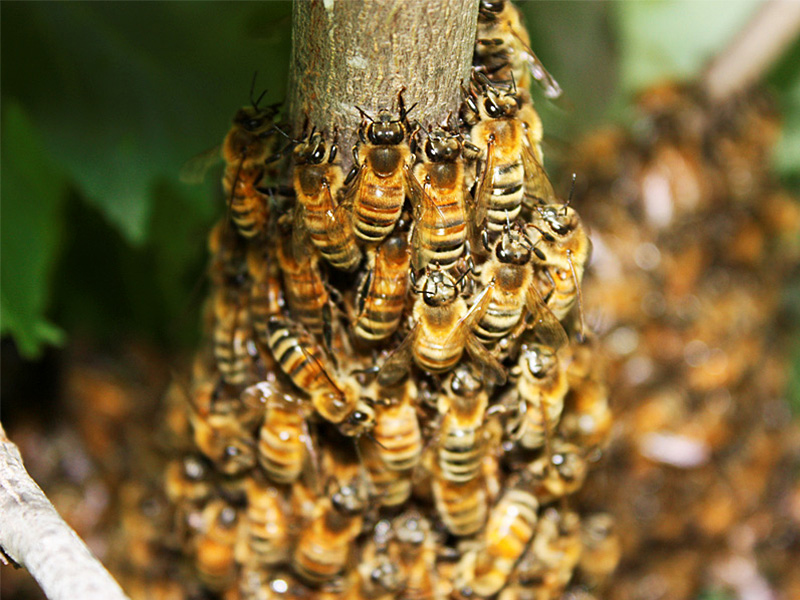
How Does It Work
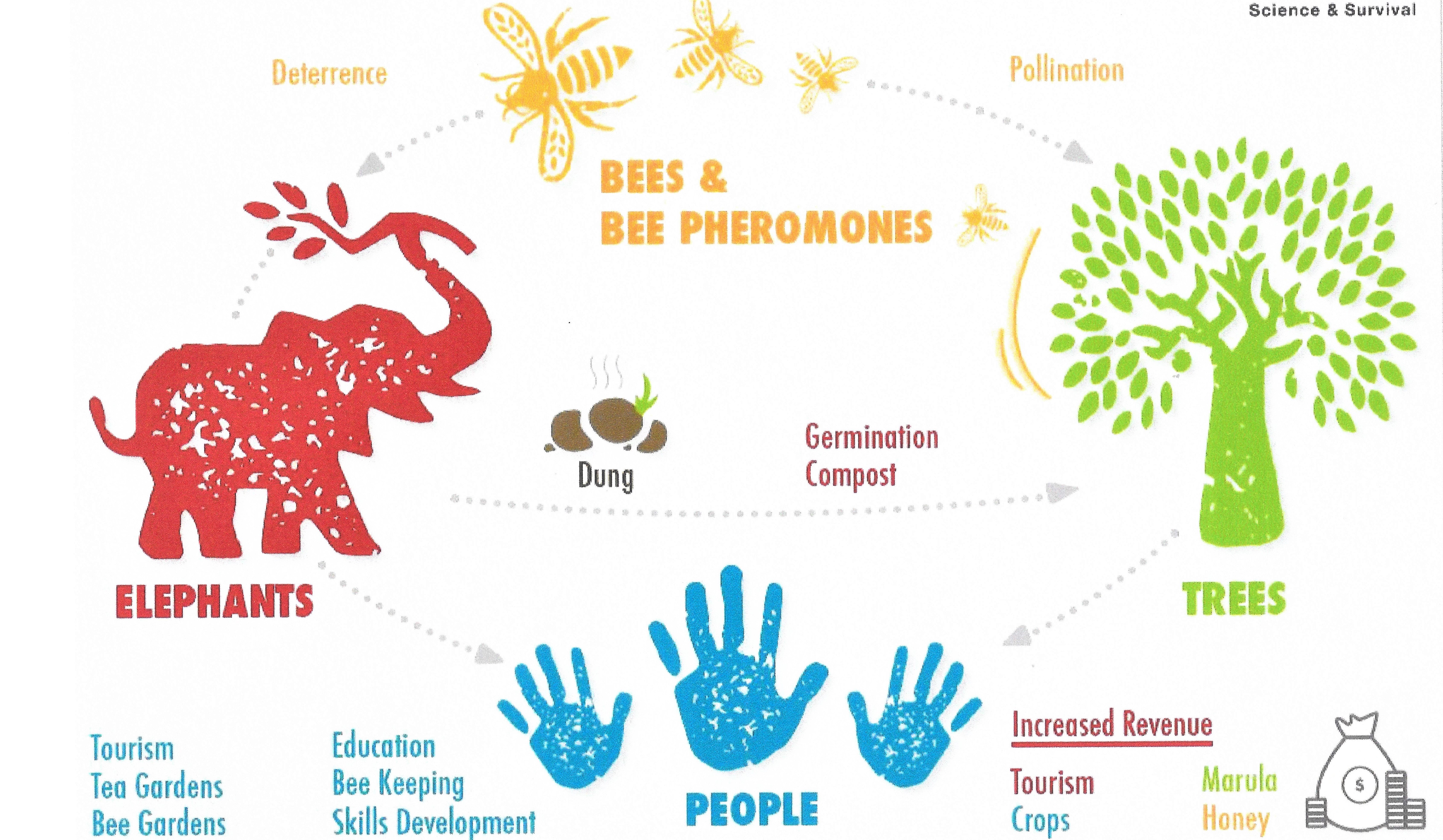
Elephant-friendly Honey:
The honey has proved hugely popular with customers in both Hoedspruit and Johannesburg, selling out every time at the local Farmers Market, with a waiting list from local lodges. Every harvest produces a different tasting honey, depending on what flowers the bees are feeding on at that time. Moreover, the range has expanded to include Elephants Alive lip balm, soaps and food wraps all made from beeswax. The final harvest takes place in mid-March, when, with the approaching winter, the bees are given a break so they can feed on their remaining honey supplies. At the original study site, it was also pleasing to note that an additional nine wild swarms have reoccupied some of the hives previously left empty and EA will be looking after these bees over the upcoming dry season.
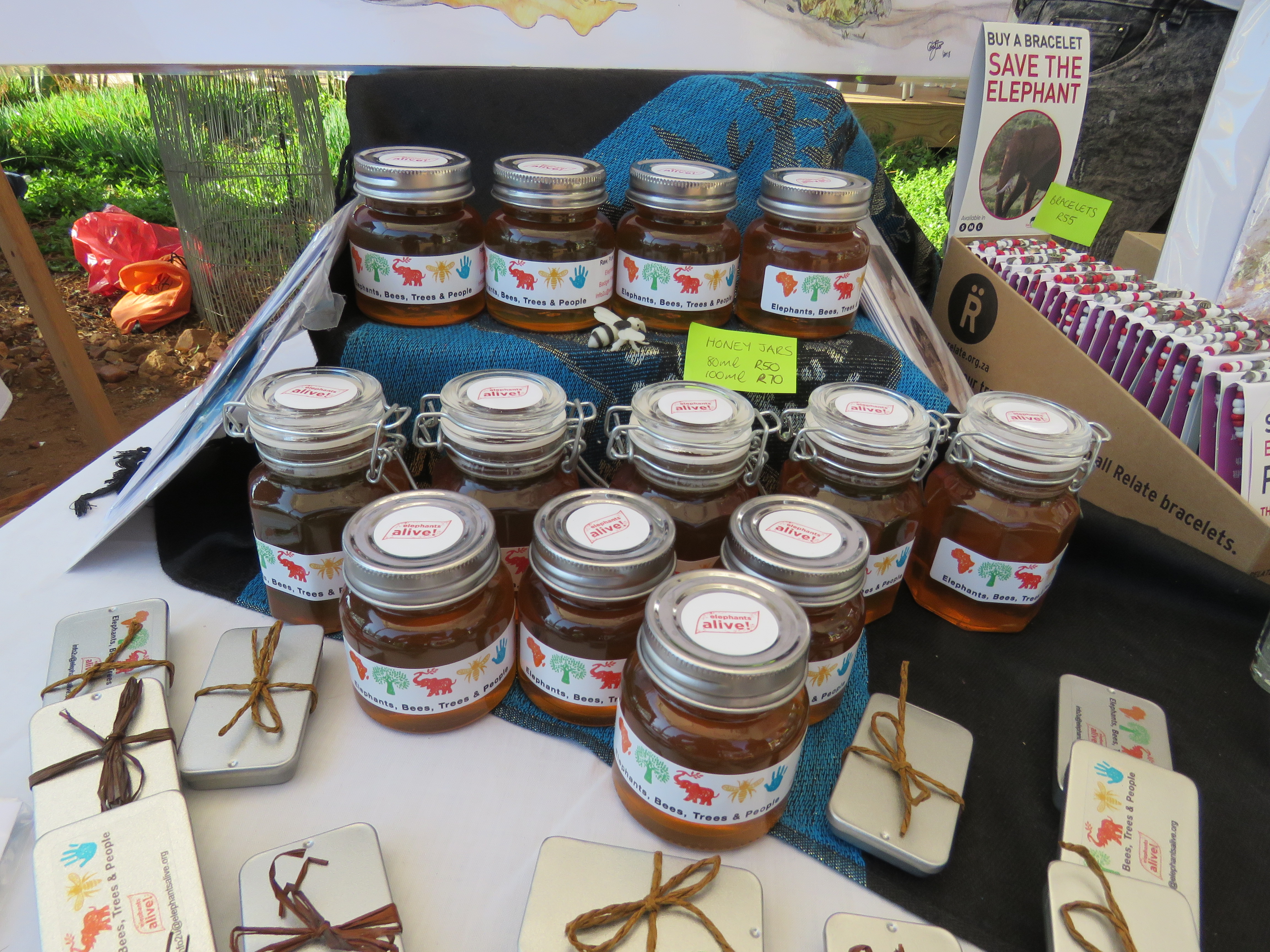
Honey, Plus Food Wraps, Lip Balm & Hand Cream from Beeswax
Links to Elephants:
Communities are close to protected elephant areas within the K2C (Kruger to Canyons) Biosphere area.
10% of proceeds of honey sales go back to worthy elephant conservation projects.
Positive elephant friendly marketing.
Sale of honey in lodges and game reserves where elephants are prevalent.
Educational partnering with Wild Shots photography program.
Strengthening of relationship between communities and game reserves to foster a better understanding of the links between elephants, bees, trees and tourism.
Improve understanding of the importance of elephants to the ecosystem.
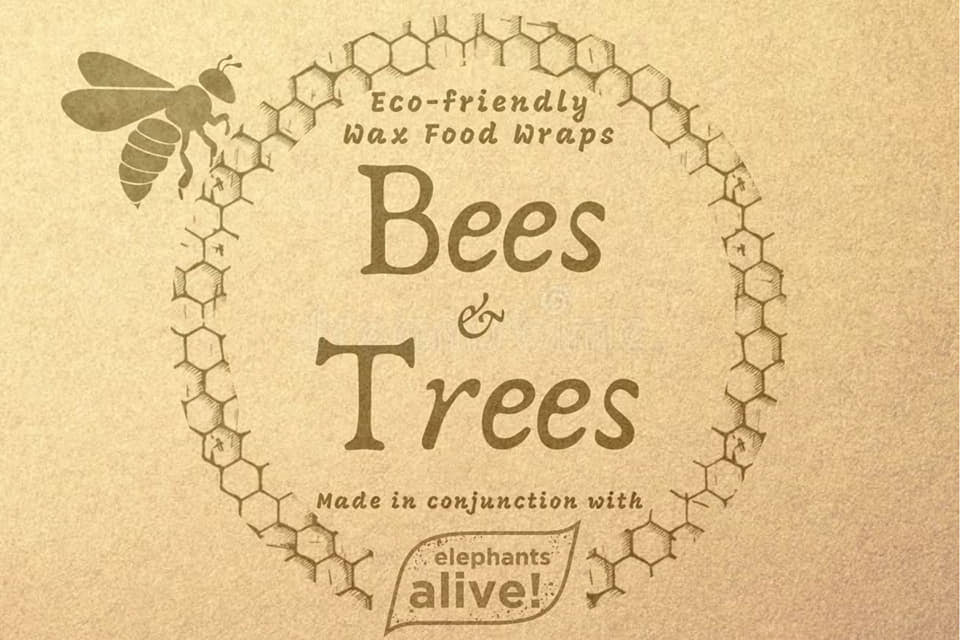
Elephants Alive’s Bee Project on TV:
The Bees & Trees program has also recently featured on both South Africa’s 50:50 show and Germany’s public broadcaster, DWS. Both programs show work using honeybees as a deterrent method for African elephants on the iconic marula trees.
Funding:
The advantage of being connected with Rotary is that only a fraction of the total amount of $67,291 needs to be raised. With a 3.5% gearing from all the Rotary grants it means we only have to collect approximately $20,000. Our Club has already allocated $5,000 with commitments already for a further $2,500, but we’d like to partner with others including our Interact Club to help bridge our funding gap which currently is approximately $13,000. The proposal has been seen by our District Foundation co-ordinator and has been approved in principle and we are now discussing submitting our application to Foundation within the next few weeks. Foundation can approve the project before it is fully funded on the proviso it doesn’t commence until this criteria is met.
Monitoring of the progress of the project will be done by Elephants Alive who will produce a regular formal report, but additional inspections will be done by our partner Club, Hoedspruit, and by myself. Moreover, it’s a long term project with the grant covering the first three years of operation, the funding will be held by ourselves and released in three tranches for each of these years, provided, of course, we are happy with all aspects of it.
(All figures are in US$ as the Rotary Foundation is US based and all projects are valued in $)
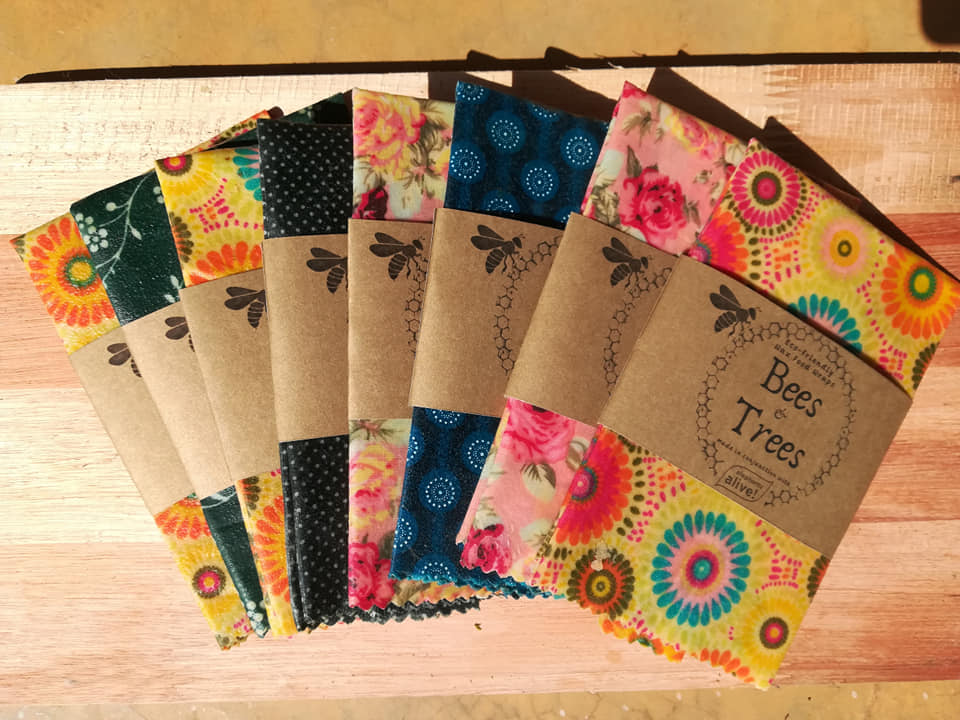
Conclusion:
It’s an ecological, environmental and humanitarian project set in an economically deprived area of eastern South Africa, which promises to offer ongoing, sustainable support for the local communities involved. Furthermore, it’s educationally friendly, has implications for improving human/elephant conflict and has already been supported by the local UNESCO biosphere region of which it’s a part of:
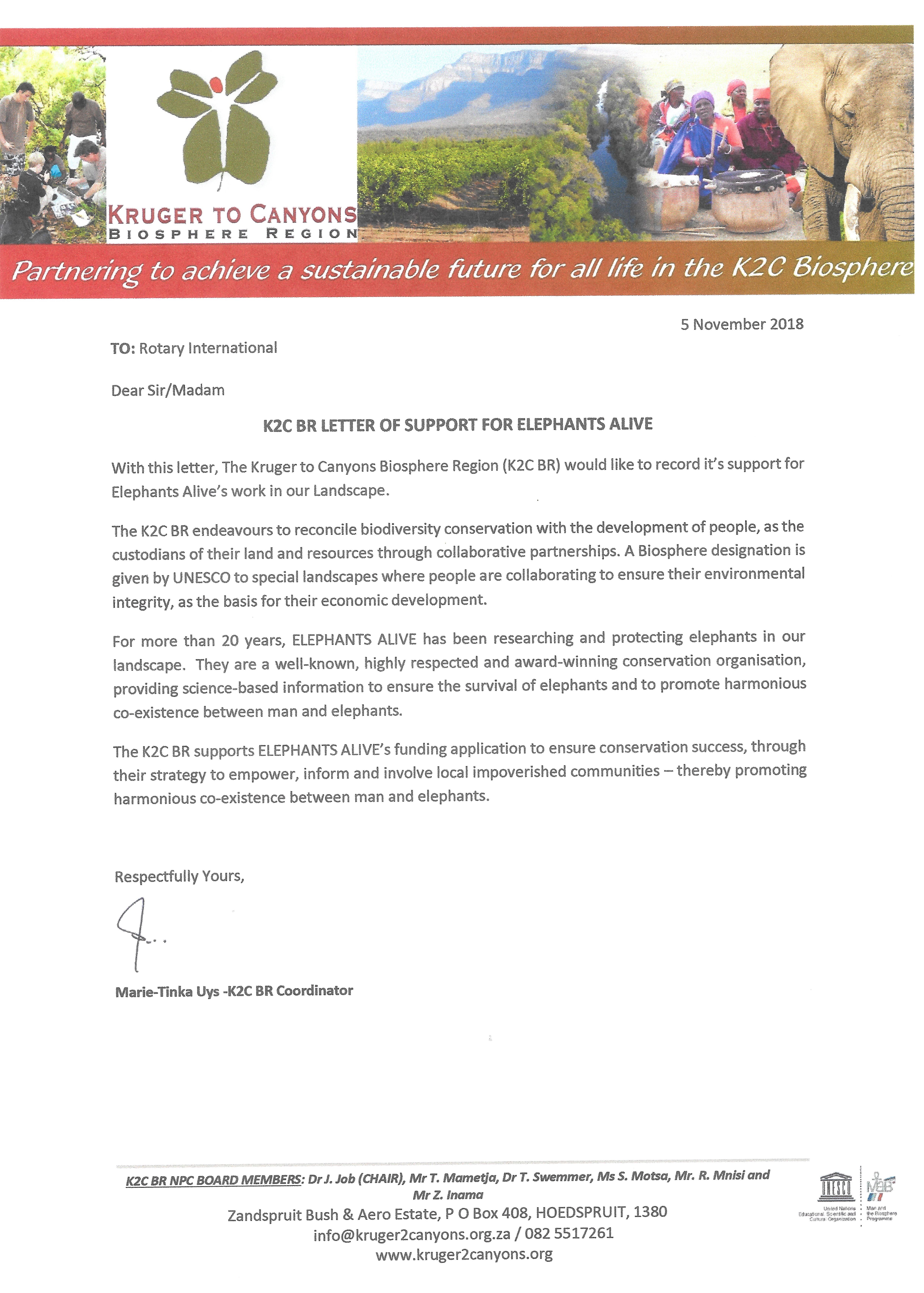
We really think it ticks all the boxes and would be a great project for Rotary to be connected and associated with as it grows. Moreover, it’s one you can get involved in and its attraction is obvious. The product has already proven to be both viable and sustainable and you would, not only be supporting an internationally recognized charity, but directly helping people in one of the poorest areas of South Africa. Needless to say, by helping Elephants Alive, you would also be helping to save and protect the future for these magnificent, iconic and intelligent animals.
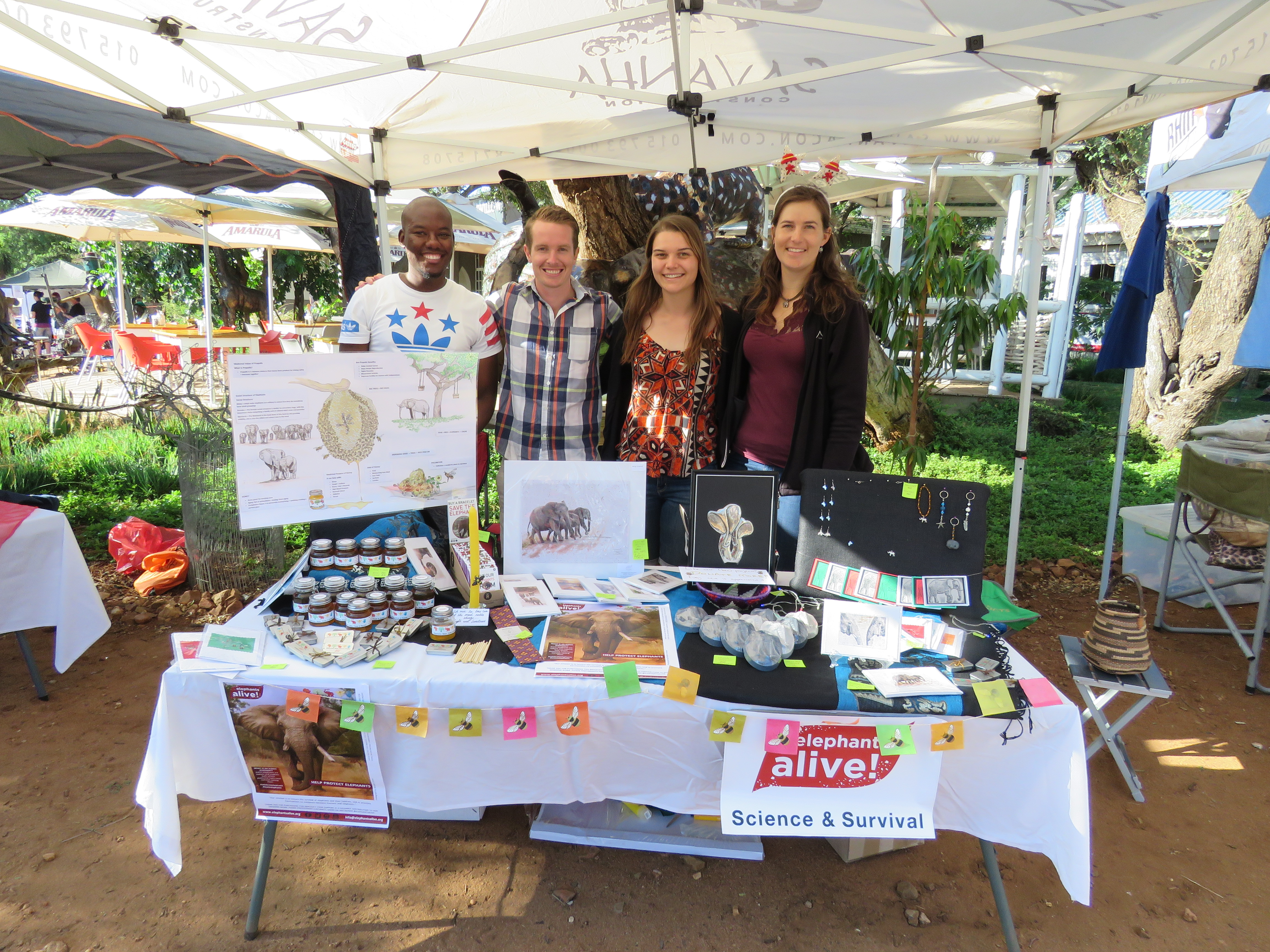
PLEASE HELP!
Thank you,
Chris Arnot
On behalf of Shepperton Aurora Rotary Club
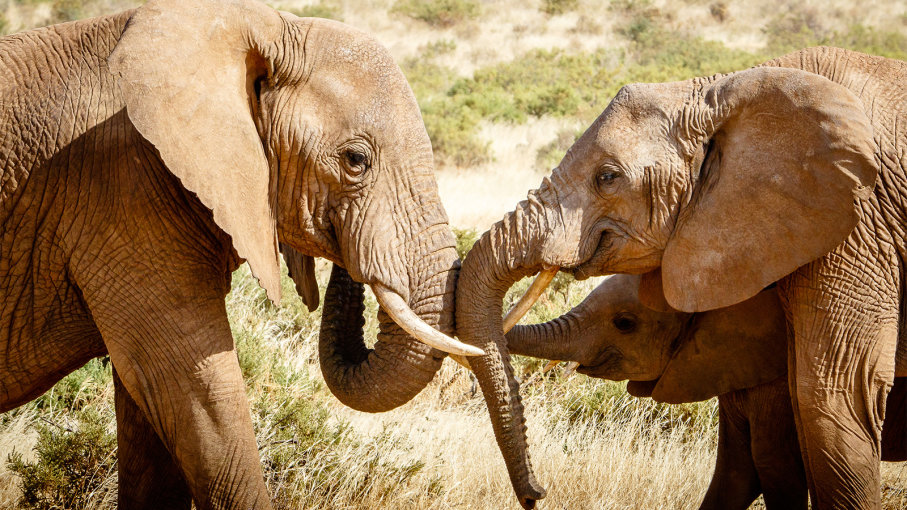
Also, why not check out Elephants Alive's website at www.elephantsalive.org to see what other great research work they do with these wonderful animals.
